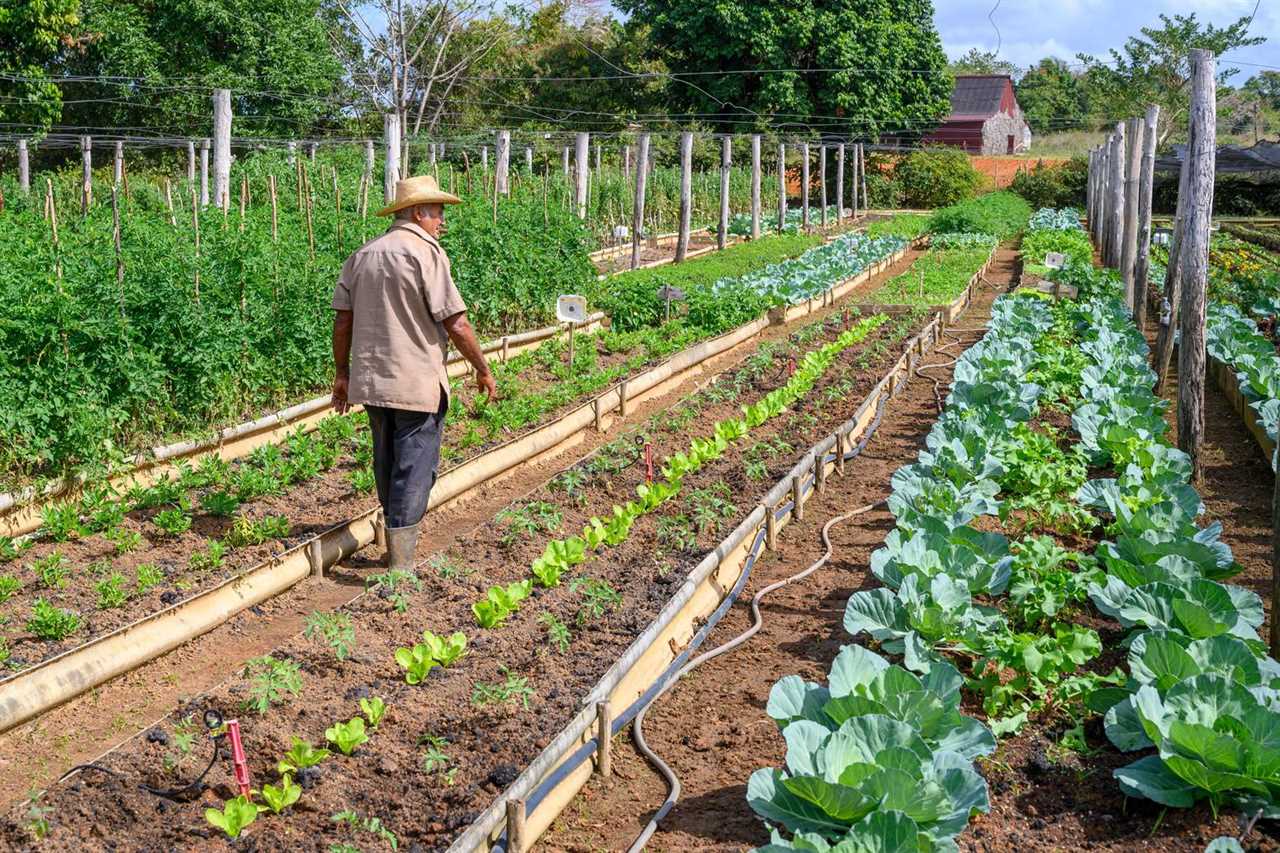
Organic farming practices can significantly impact the livelihoods of small-scale farmers. It can also promote social and environmental responsibility, particularly in low-income countries where sustainable food security is often a significant challenge.
Organic farmers avoid using synthetic herbicides and other pesticides, instead relying on natural means of keeping pests at bay, such as 'beneficial' insects and wildlife. They also use plant-based fertilizers that do not harm the environment.
How does supporting organic farming practices impact the livelihoods of small-scale farmers?
In assessing the impact of supporting organic farming practices on small-scale farmers, it is important to consider multiple factors. For example, many studies that evaluate the impacts of organic versus conventional agriculture examine single outcomes (for example, yields or biodiversity) over a limited time period, which fails to account for synergies or trade-offs between these outcomes.
In addition, these studies usually do not take into account the long-term consequences of organic versus conventional agriculture on ecosystems, water availability, or climate change mitigation. These are all issues that could have significant implications for future food security, which is why it is important to conduct multidimensional long-term studies that incorporate these feedbacks.
Another important factor that can impact the livelihoods of small-scale farmers is the exposure to agrochemicals, which can be hazardous and lead to chronic diseases. In this context, it is particularly important to support organic farming practices that minimize the use of agrochemicals and enhance soil health, which can reduce exposure to harmful chemicals.
Moreover, supporting organic farming practices also benefits the environment by reducing agricultural pollution. This is because chemical fertilizers and pesticides can pollute groundwater courses, whereas well managed organic systems minimize the export of nutrients to surrounding soils through enhanced soil biological activity and improved nutrient retentive abilities.
How can supporting fair trade and ethical sourcing practices benefit small-scale farmers?
Supporting fair trade and ethical sourcing practices has a positive impact on the livelihoods of small-scale farmers. It has allowed them to earn a better living, reduce child labor and improve their quality of life.
When products are sold under the fair trade label, they're guaranteed to meet international standards for social and environmental justice. These regulations and standards include measures to protect the environment, prevent child labor and ensure the safe use of pesticides.
In addition, a significant amount of the extra income obtained through these initiatives goes directly to local communities as the Fairtrade Premium. This money can be used to improve the health, education and infrastructure of rural villages.
It has also helped to increase the size and value of crop yields. This, in turn, increases income stability and allows growers to invest in training to improve their farm techniques.
As a result, small-scale farmers are able to compete on a level playing field with large multinational companies. This is a great change from the way that trade was conducted before fair trade.
While it's important to remember that fair trade isn't without its drawbacks, it is a good option for consumers who want to make an impact on the world. It helps small-scale producers gain market access while ensuring that they receive fair prices and minimum fees for their work.
What are the benefits of organic farming?
Organic agriculture has been gaining momentum worldwide, and is a practice that many consumers seek out for health and environmental reasons. It is also a good source of income for small-scale farmers.
Compared to conventional farming, organic agricultural systems are less energy intensive. They use less agrochemicals and more renewable resources like soil organic carbon. This enables them to sequester more carbon in the soil, which is an important mitigating factor against climate change.
Soil building practices such as inter-cropping, symbiotic associations, cover crops, minimum tillage, and the integration of nitrogen-fixing legumes are central to organic farming. These increase the retentive abilities of the soil to store nutrients and water, reduce nutrient losses, and protect against erosive forces.
They also contribute to increasing soil biodiversity, improving soil structure and quality, reducing greenhouse gas emissions and increasing carbon storage. Moreover, the increased use of organic fertilizers, and the lack of chemical weed control methods, helps keep pests and diseases in check.
However, there are some drawbacks to organic farming, including low yields and nutrient management difficulties. These challenges can affect the livelihoods of small-scale farmers. Nevertheless, the benefits of OF to small-scale farmers are considerable, and there is a need for policy-makers to support OF.
Frequently Asked Questions
What is organic beef?
Organic meat is organic food that has been grown naturally without the use of pesticides, artificial fertilizers or hormones. Organic meat is also a guarantee that the animals weren’t fed any genetically altered feed. This makes it safe for human consumption because there aren't any harmful chemicals in the meat.
Organic meats are good for the environment. The pollution levels in our environment are reduced when we eat organic foods. Organic farmers generally don't use toxic chemicals that kill birds and insects. We help to protect wildlife.
The best way to ensure that you eat healthy organic meats is to buy them locally whenever possible. Local buying helps to keep money in the community, rather than moving out of state. Local businesses often pass on savings to customers shopping locally. Local businesses are more likely to keep jobs here than export them abroad.
What are the things to look for when purchasing organic products?
Look for USDA-certified organic labels. This certifies that the product has met certain standards set by USDA. On packages, boxes, cartons or cans, look out for the USDA Organic seal.
When purchasing meat, ensure it is 100% organic. Ruminants are cattle that chew their cud. Ruminant cattle are divided into four stomach compartments, the rumen and reticulum as well as the omasum and abmasum. Organic feeding must be done on all organs of the animal in order to get the cow labelled organic 100 percent.
When buying chicken, make sure it comes only from chickens fed 100% organic feed and never given antibiotics. Omnivore chickens eat both animals and plants. The digestive tract of an omnivorous chicken is composed of a crop and proventriculus, gizzard as well as small intestine, large intestinale, and anus.
It is important to ensure that dairy products are from cows that were fed 100% organic feed. Like ruminants, dairy cattle have four stomachs. The fourth stomach compartment--the cow's udder--is where milk is produced.
To find out the percent of the feed the animals received when you purchase other types livestock, be sure to read the labels. For example, pork may be labelled '95% organic.' This means 95 percent of the pig's feed came from organic sources.
How do I know if my produce is organic?
These are the labels you should look for to ensure you are purchasing organic produce
USDA Organic Certified – This certification is issued by USDA to ensure that the product is 100% organic.
Certified Naturally-Grown - Produce which has passed strict organic practices requirements, but not yet received USDA certification.
Pastured/Free-range - Made from animals that graze on grass and herbs outdoors.
These labels are used to indicate that the product meets specified criteria.
- No pesticides or synthetic fertilizers
- No genetically modified organisms
- The animal is never given antibiotics
- Animals are not ever given hormones.
- No growth-promoting drug
- No feed additives
- No artificial ingredients
- No irradiation
- No sewage sludge
- GMOs are not allowed
- Antibiotics have never been administered
- No hormones ever given
- No growth-promoting drugs
- No feed-additives
- No artificial ingredients
- No sewage waste (if it's non-GMO).
- No irradiation
I hope that this article was useful!
Which are the best organic vegetables?
Organic vegetables provide the most healthy and nutritious food for people. They are considered to be the healthiest foods on earth.
Organic produce is produced without pesticides or herbicides. These chemicals pose severe dangers to our health as well as the environment.
Organic produce contains more nutrients, vitamins and minerals. They are healthier as we absorb nutrients more easily when we eat organics.
Organic vegetables taste delicious and are safe for you to eat. Organic produce is safe to eat.
You can find organic fruits and veggies at any grocery store. They can be labeled organic if they are grown according to USDA guidelines.
What are organic foods?
Organic produce is free from synthetic fertilizers, pesticides, sewage sludge and confinement feeding. There are no growth hormones used and animal testing is not performed. These crops can naturally grow, so no chemicals are used by farmers to combat pests or weeds.
Organic farming practices preserve soil quality and help conserve water resources. Organic foods are healthier than conventional foods because they have more nutrients. Organic products are more nutritious than conventionally grown foods and have lower calories and fiber.
What is an inorganic food?
Organic food is produced without the use of artificial fertilizers and pesticides. These chemicals can be harmful for your health.
Organic food can be grown without chemical fertilizers, pesticides herbicides, fungicides, and other harmful substances. These chemicals can be dangerous for both humans and animals.
Inorganic food is meat, fish, eggs and dairy products, including butter, yogurts honey, yogurts, butter, cream, cheese, butter, yogurts, honey and grains.
The term organic refers to the way an agricultural product is grown. Organic farming employs natural methods and soil amendments for growing crops. Conventional agriculture uses pesticides or fertilizers.
Organic foods must comply with strict guidelines set forth by the U.S. Department of Agriculture. The National Organic Program Standards require that all organic foods are free of prohibited substances such as antibiotics and growth hormones, genetically modified organisms or industrial solvents. Organic food must not be produced with toxic chemicals, petroleum or sewage sludges or ionizing radioactive substances.
Organic means it is free from pesticides?
Organic food is free from pesticides and chemical fertilizers. This means that organic food is not exposed to pesticides or fertilizers.
Because organic produce does not contain harmful additives it has more nutrients that conventionally produced foods.
The USDA National Organic Program (NOP) requires farmers to follow strict guidelines for growing crops certified as organic.
These guidelines address soil preparation, crop rotations, pest control, water conservation, harvesting, and other practices.
Organic farming also promotes healthy ecosystems which are beneficial to wildlife and natural habitats.
Statistics
- As for organic meat, regulations require that animals be raised in living conditions that accommodate their natural behaviours (like the ability to graze on pasture), fed 100% organic feed and forage, and not administered antibiotics or hormones. (usda.gov)
- Cosmetic brands such as Laurel and Rose Mira are 100 percent organic and have a wide array of skincare products. (en.wikipedia.org)
- According to a study performed by consumerreports.org, organic products, compared to non-organic products, ranged anywhere from 13 percent cheaper to 303 percent more expensive. (en.wikipedia.org)
- To provide the highest quality products and services to every customer, with a dedicated workforce that puts the customer first and takes the extra step to achieve 100% customer satisfaction and loyalty. (hollinsorganic.com)
External Links
doi.org
- Occupational Pesticide Exposures and Cancer Risk: A Review: Journal of Toxicology and Environmental Health, Part B: Vol 15, No 4
- Genetically modified food: safety, risk and public concerns - a review - Journal of Food Science and Technology
ncbi.nlm.nih.gov
- PubMed Assessment of the micronutrient compositions of plant foods from conventional and organic agriculture methods.
- Comparison of the total amount of phenolic and/or ascorbic acids in freeze-dried and dried marionberry, strawberry, or corn grown using conventional and organic agricultural practices - PubMed
ams.usda.gov
ota.com
How To
Are there any negatives to buying organic goods?
Organic food is well-known for its many health benefits. There are some downsides to organic food. These include higher consumer prices, lower quality standards, and fewer choices.
It's okay to want more variety in grocery shopping. However, we have been taught to expect poor quality food. This is why most grocery stores stock identical prepackaged products.
Organic food is becoming more popular today because it provides better nutrition and great tasting food. How can you convince people to pay a little more?
It's possible to tell them that organic food is more expensive. This doesn't necessarily mean organic food tastes better. This might make them suspicious about your motives.
Instead, highlight its strengths. Organic food is more nutritious and has fewer pesticides or antibiotics. Plus, it's grown without synthetic fertilizers and herbicides, which means it's healthier for us and our environment.
Many people avoid organic food because they assume it's too expensive. But if they think about the health benefits, it may be worth spending a few bucks per week.
The reason why organic food tastes better is that it's produced under strict guidelines that prevent contamination. Organic food is more likely to contain vitamins, minerals, or antioxidants.
Organic food tastes better as it is harvested later in season. This makes it easier to digest and fresher.
Organic food is usually cheaper than conventional food because it is grown organically by farmers, which means that they use less fertilizer and labour.
Resources:
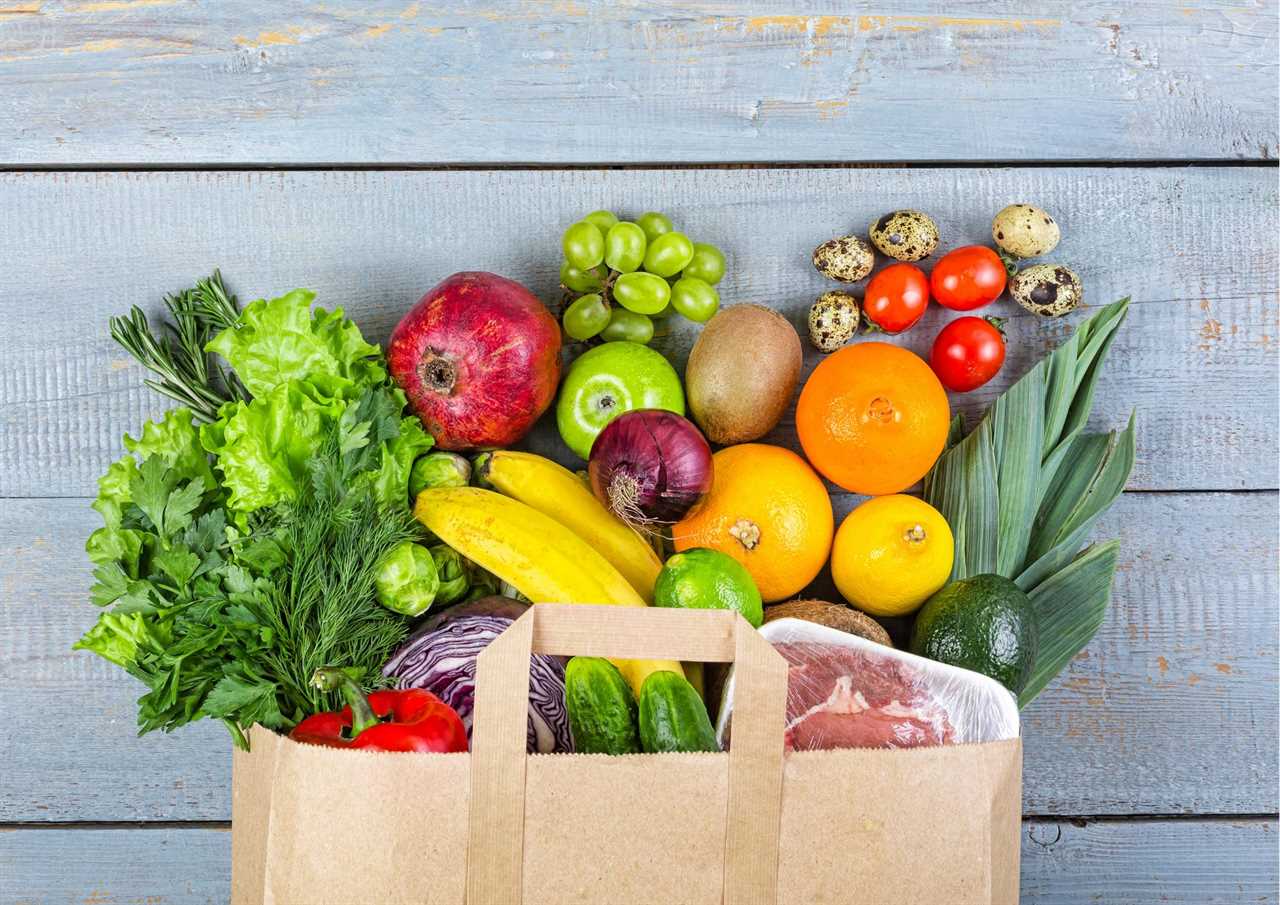 |
Health benefits of eating organic?A review in The Annals of Internal Medicine failed to find strong evidence that organic foods are significantly more nutritious than conventional foods. Lisa |
 |
The Benefits of Crop RotationCrop rotation is a way to grow multiple types of crops in the same space. This is done in an effort to diversify the ecosystem, reduce pest and weed.. |
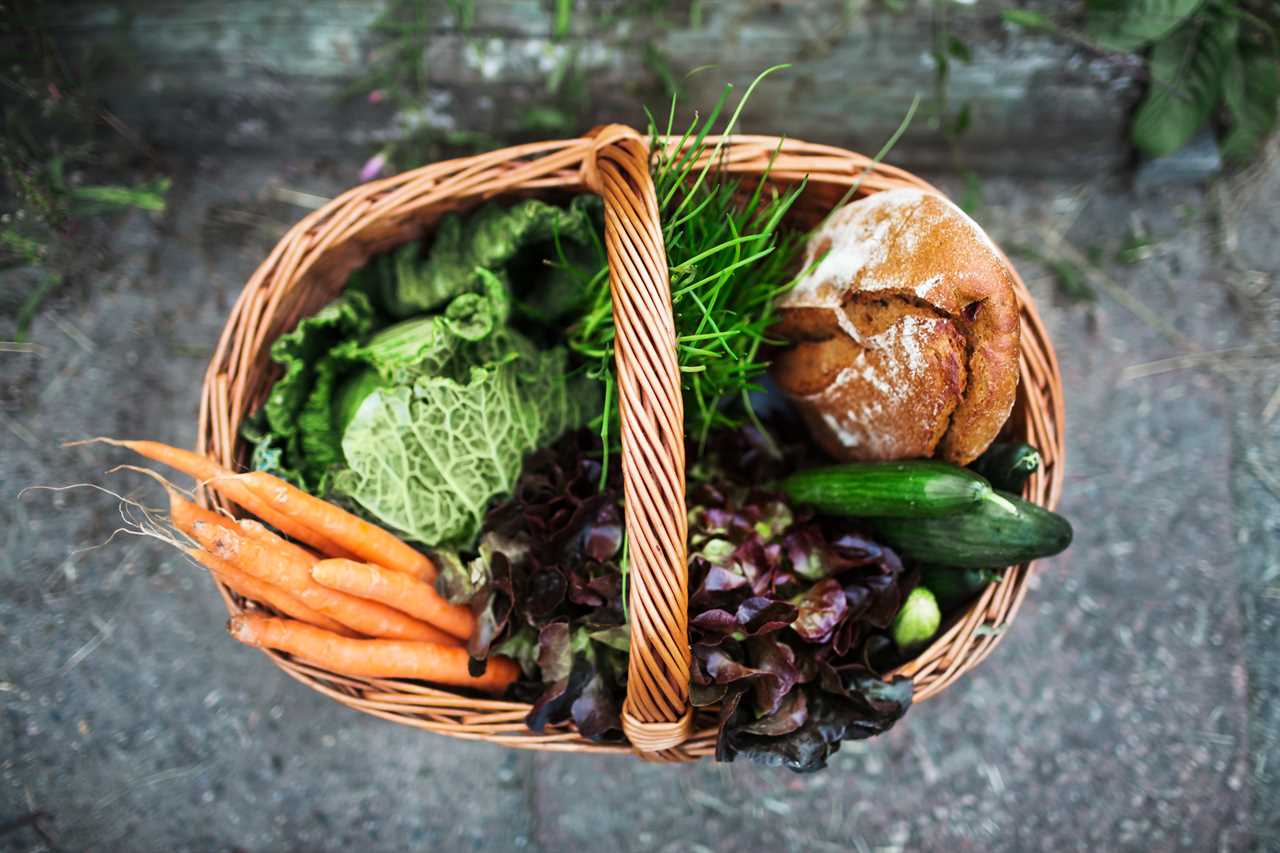 |
Do I Need To Eat 100 % Organic Food? – Dr. BergFor more info on health-related topics, go here: https://bit.ly/2YI8NLc Take Dr. Berg's Free Keto Mini-Course: http://pxlme.me/-i717vtY […] |
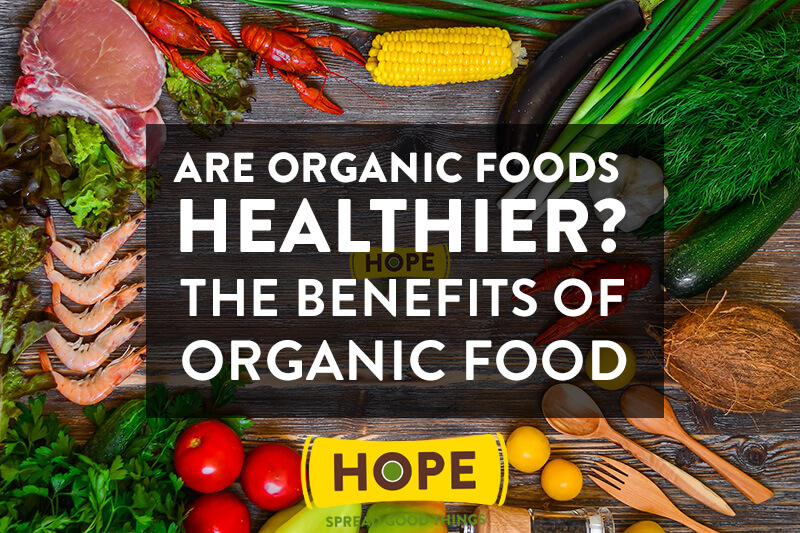 |
The Importance of Soil Conservation in Meeting the Sustainable Development GoalsSoil conservation is important for maintaining the soil's health and resilience. The microbial and faunal communities in the soil are impacted by.. |
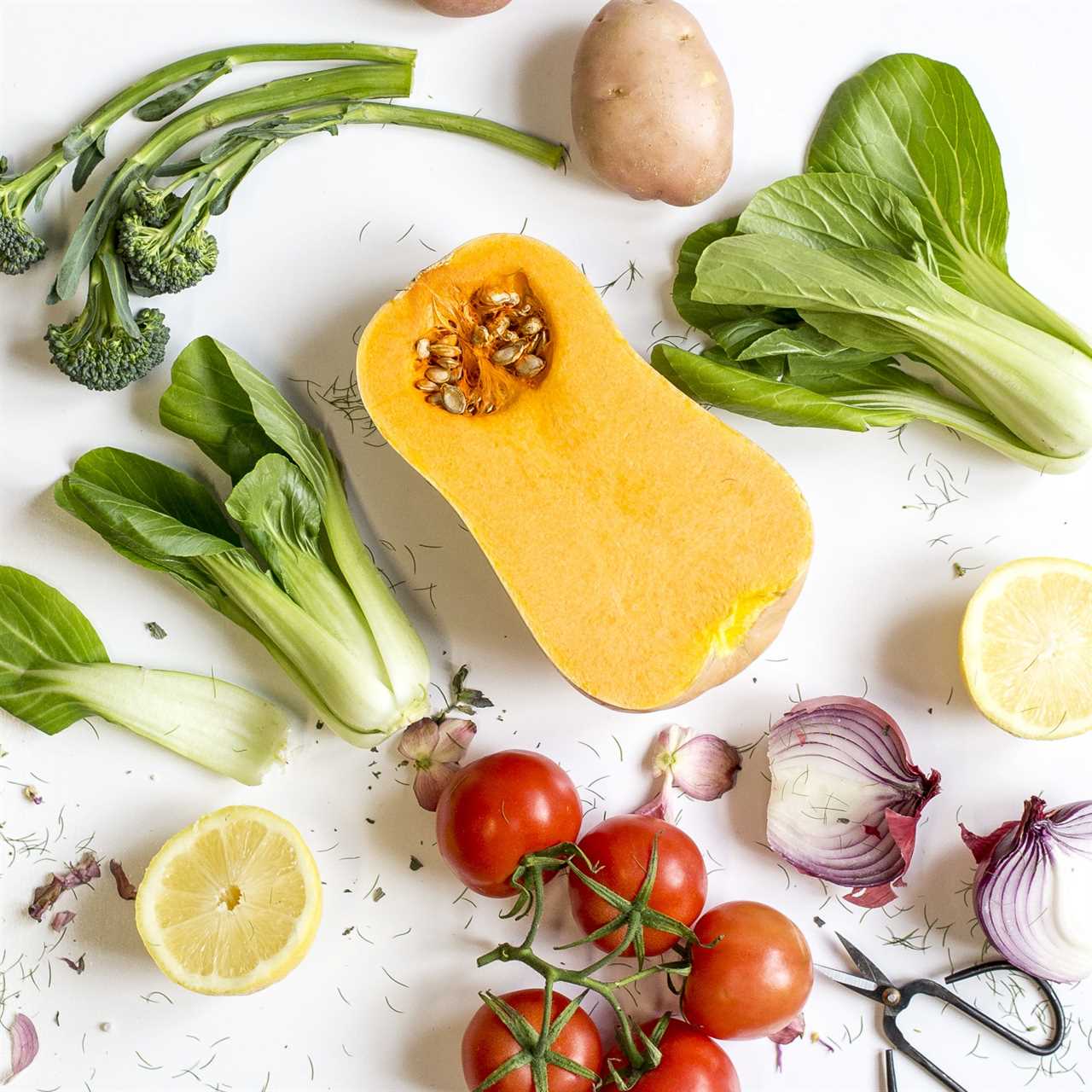 |
Benefits of Organic FarmingOrganic farming is one of the best ways to help protect the environment. It can also provide a number of benefits for your farm, including increased.. |
 |
Is `organic` food actually healthier for you?Dr. Marc talks about organic food. |
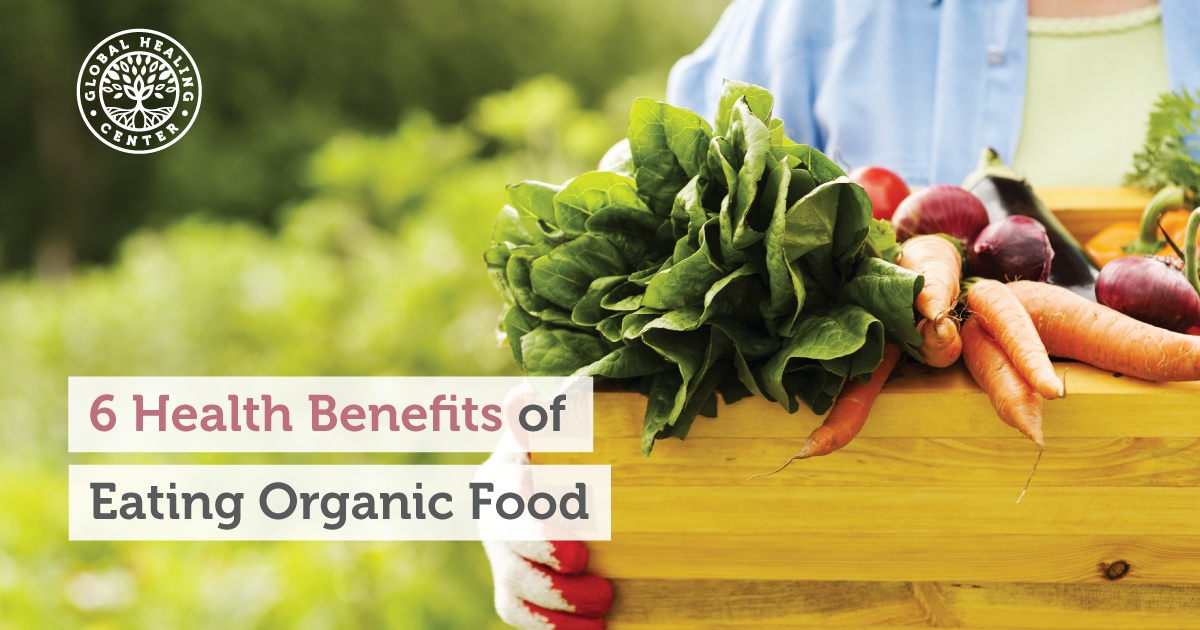 |
Organic Farming MagazineOrganic farming magazine is a resource that provides you with the latest information on organic agriculture, health, and sustainability. It also.. |
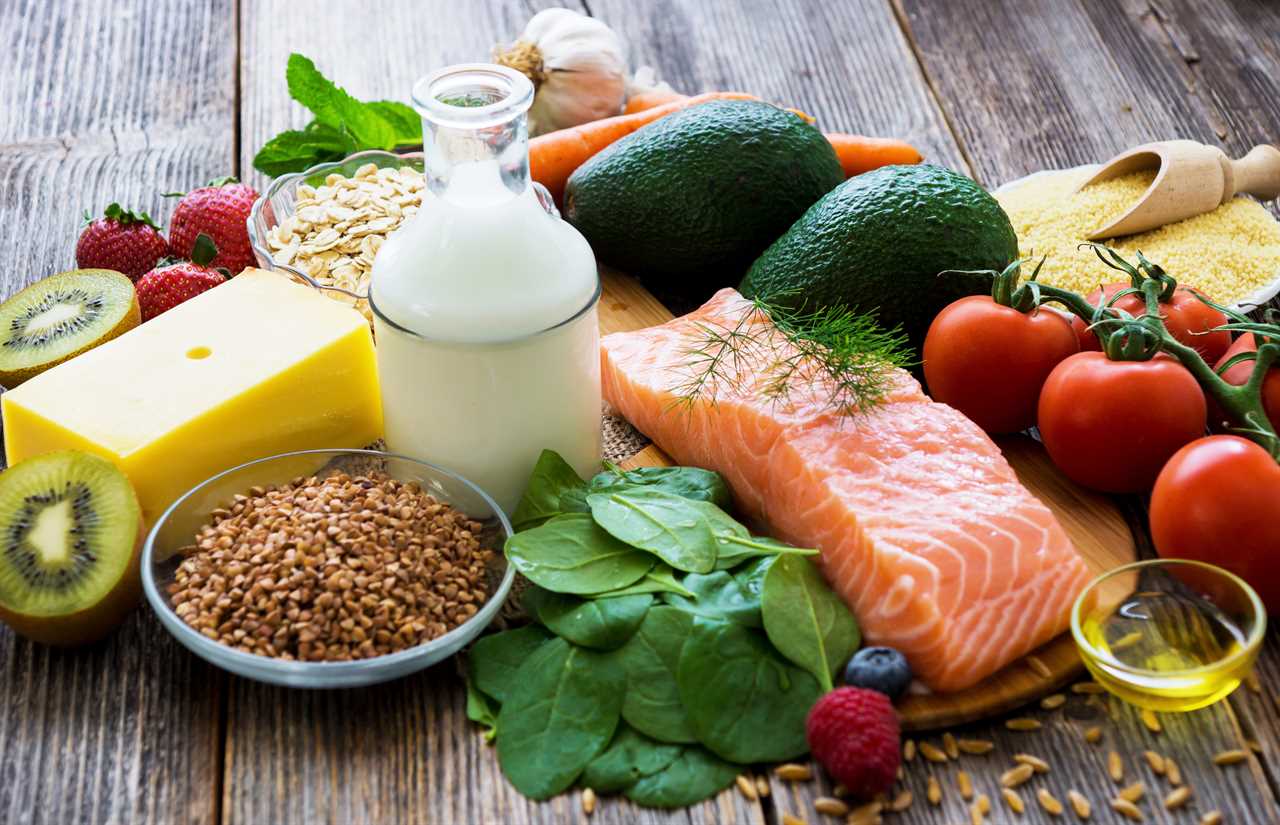 |
Is Organic Food Really Worth It?The organic food industry is a booming business. U.S. organic sales surged in 2020, jumping by 12.4% to $61.9 billion. With consumers being more health |
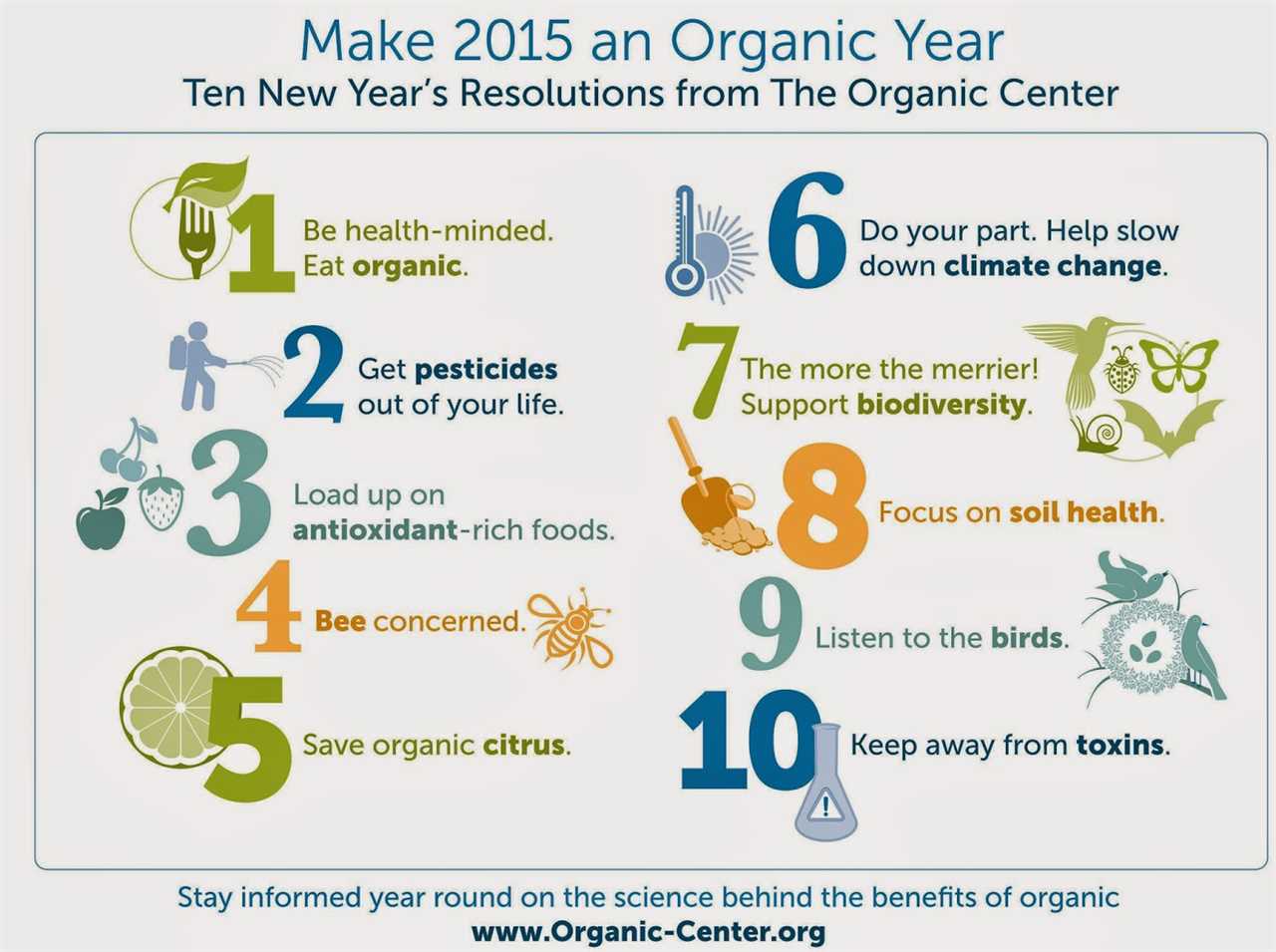 |
The Difference Between Organic Milk and Regular MilkOrganic milk is a type of milk that comes from livestock that is raised according to organic farming methods. This is a term that is regulated by.. |
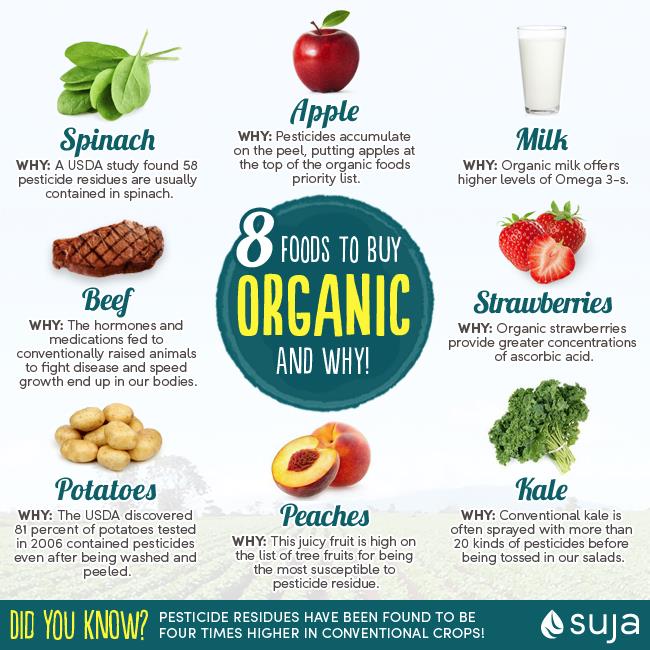 |
The Benefits of CompostingComposting your waste can be a very effective way of ensuring that your organic material is being broken down to the best of its ability. When.. |
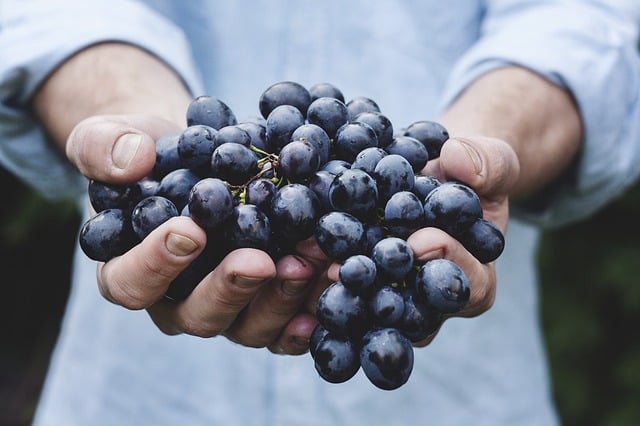 |
Is Organic Farming Beneficial to Biodiversity?Organic farming is a growing interest in the scientific community, and researchers have been investigating whether the practice is beneficial to.. |
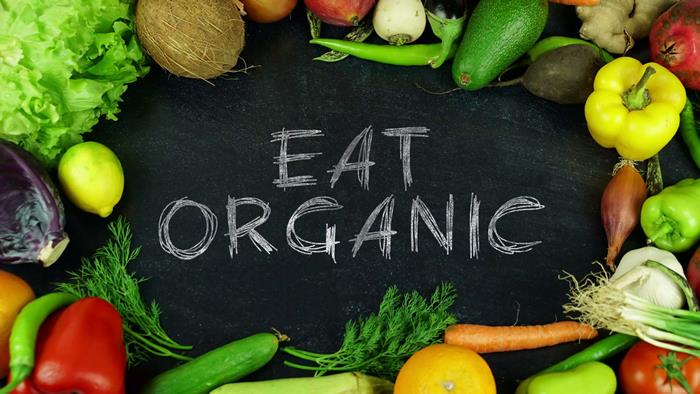 |
Organic eatingOrganic Cultur |
 |
What is Organic Cotton?Organic cotton is the type of cotton that is grown without using pesticides or chemicals. It is also the type of cotton that is grown in subtropical.. |
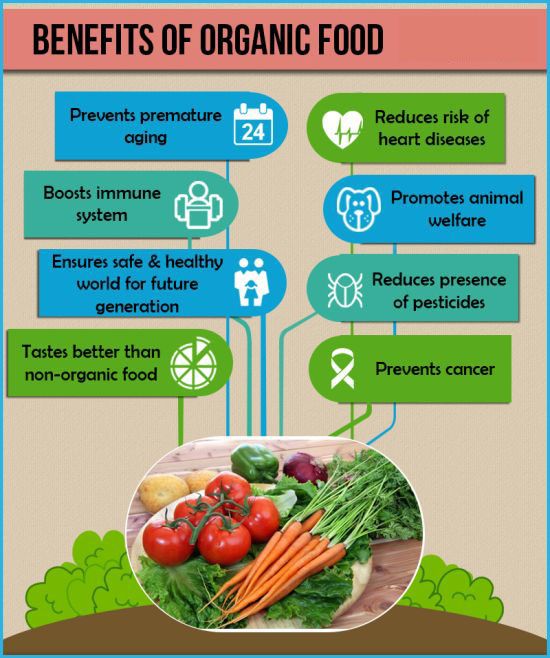 |
Benefits of Cover CropsIf you aren't familiar with cover crops, you may be surprised to learn that they are plants that are planted to grow on top of the soil to help.. |
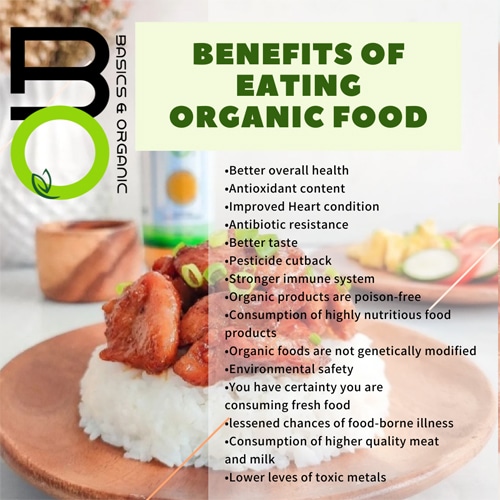 |
Learn How to Become an Organic Farmer Through a Training ProgramIf you are looking to become an organic farmer, there are several ways you can do so. One option is to take a training program that will teach you.. |
 |
Exotic VegetablesWhen it comes to vegetables, there are plenty of choices to choose from. Some of the most popular choices include broccoli, corn, carrots, and.. |
 |
The Benefits and Pitfalls of Organic Farming OrganizationsOrganic farming is an approach to farming that is not only ecologically sound, but also financially feasible. It is a method that is free from.. |
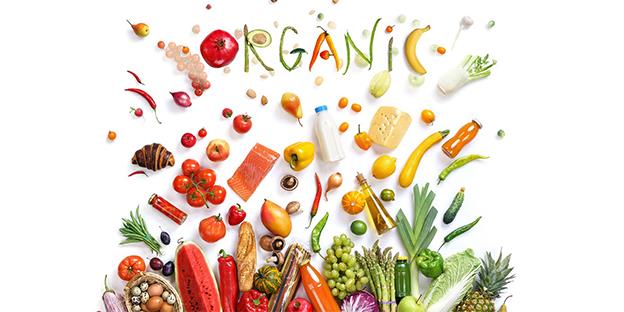 |
Soil Composition and BiodiversityThe soil that we have around us is a vital part of our lives. It is the home for many plants and animals. It also has a texture, a color, and many.. |
 |
Organic Farming PrinciplesOrganic farming is a practice that is designed to be sustainable and healthy. Its principles include avoiding harms produced by industrial farming.. |
 |
When Did Organic Food Start?The answer to the question when did organic food start? will vary depending on the time period in which you are looking at. For instance, it may be a |
 |
Can Organic Be GMO?The question Can organic be GMO is an ongoing debate among many consumers. While it's possible to eat foods that have been produced using genetic.. |
 |
Chhattisgarh's Organic Farming SchoolsThe government of Chhattisgarh has started to introduce organic farming schools. This initiative is intended to provide the young generation with the |
 |
What is a Conventional Farm?Conventional farm is the term used to describe a farm that is not organic. It is a form of agriculture that is associated with better soil quality,.. |
 |
The Rodale InstituteThe Rodale Institute is a nonprofit organization that aims to support research into organic farming. It was founded in 1947 by J. I. Rodale, an.. |
 |
The Latest Research on Organic | The Organic CenterResearched articles about eating Organic food |
 |
Korean GardeningKorean gardening is one of the oldest ways to grow plants. It involves planting herbs, fruits, and vegetables that are used in kimchi, a type of.. |
.png)





